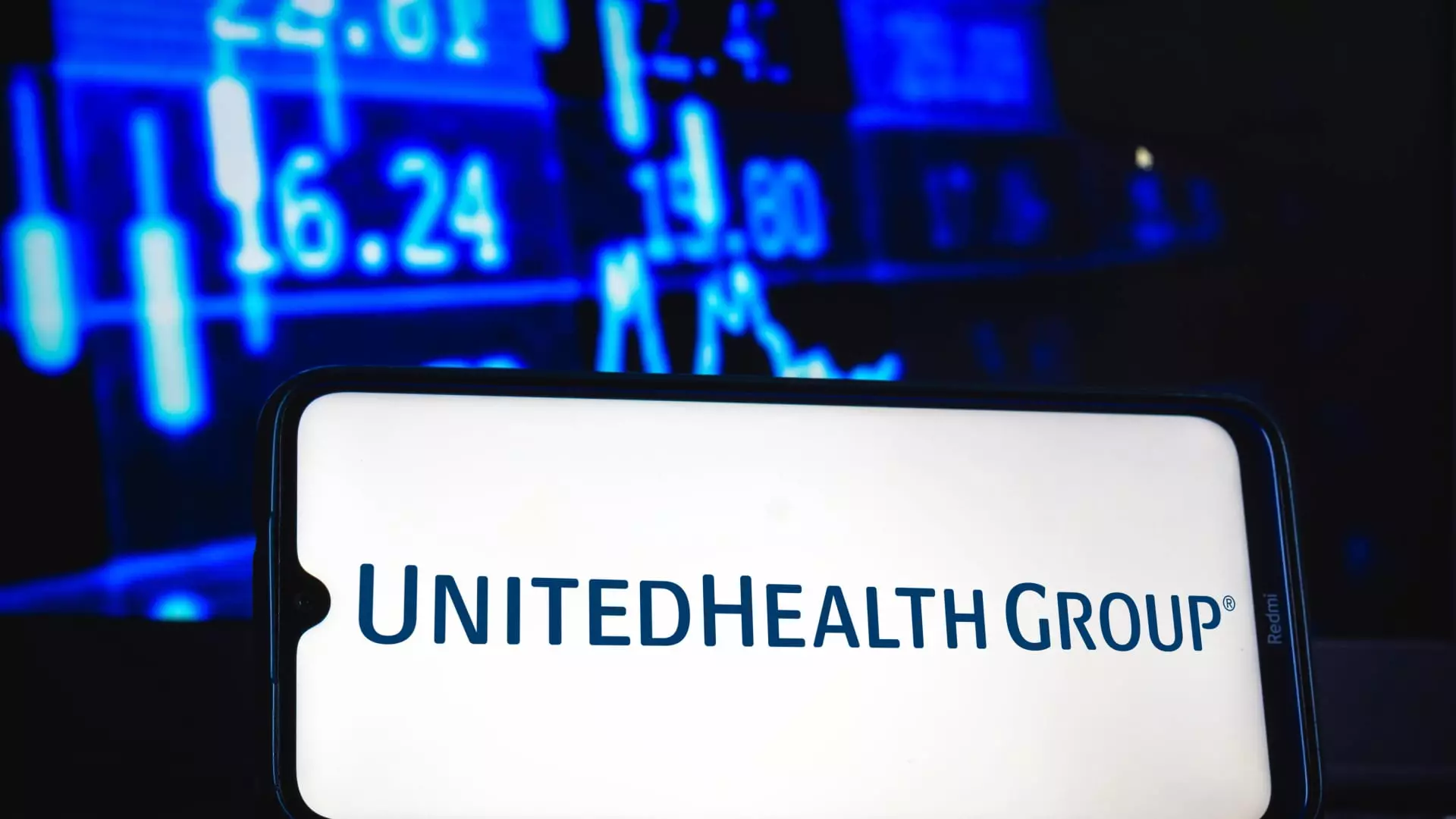UnitedHealth Group recently faced a significant cyberattack on its Change Healthcare billing and payments subsidiary, resulting in the largest disruption in U.S. healthcare since the Covid pandemic. The repercussions of this attack have raised concerns about the company’s operations and the broader healthcare industry.
The data breach at the Change Healthcare unit forced the firm to shut down its billing and payment processing service, disrupting operations for healthcare providers across the country. With Optum Care unit and OptumRx under its umbrella, UnitedHealth Group faces scrutiny on how it will address the costs associated with the cyberattack and the impact on its various businesses.
Analysts are keen to see how UnitedHealth Group will address the costs incurred due to the cyberattack, including lost revenue and additional expenses. The company provided $4.7 billion in no-interest loans to providers, but reports from physician groups indicate ongoing financial challenges. The outage has led to delays in claims processing and payments, forcing providers like dermatologist James Allred to resort to personal loans to sustain their practices.
The healthcare industry’s reliance on centralized services like those provided by UnitedHealth’s Optum division raises questions about the risks associated with such massive consolidation. The cyberattack’s ability to disrupt the entire American healthcare industry highlights vulnerabilities in the system that may have broader implications for the industry’s future stability.
The timing of the cyberattack has created uncertainty for health insurers like UnitedHealthcare, Humana, and CVS Health’s Aetna. The outage has affected insurers’ ability to track medical utilization costs in real time, potentially leading to adjusted or estimated financial reports. The delay in understanding medical cost trends will have implications for insurers as they prepare for future Medicare Plan bids.
The cyberattack and its aftermath come at a critical time for the healthcare industry, with concerns about elevated cost trends and a competitive market environment. The disruption caused by the attack has further complicated insurers’ efforts to forecast medical cost trends and plan for future profitability.
The cyberattack on UnitedHealth Group’s Change Healthcare subsidiary has far-reaching implications for the company, its stakeholders, and the broader healthcare industry. The incident underscores the need for robust cybersecurity measures in an increasingly interconnected healthcare ecosystem and raises questions about the industry’s reliance on centralized services. As the company navigates the fallout from the attack, it will be essential for stakeholders to collaborate on solutions to strengthen the industry’s resilience against future threats.

